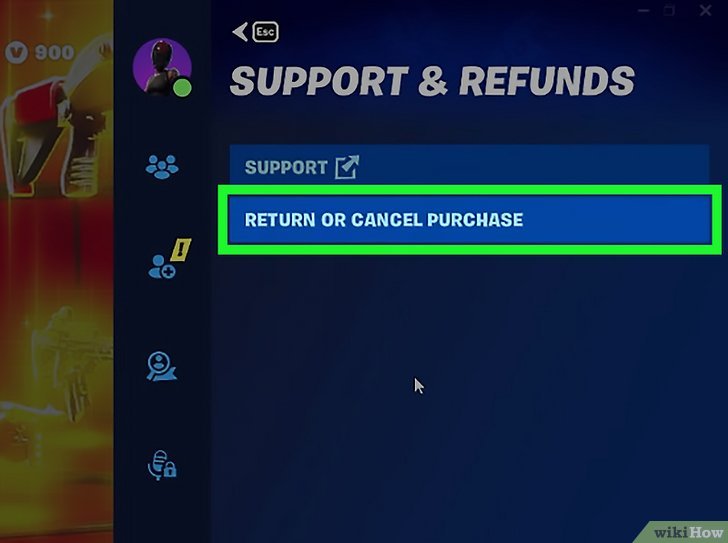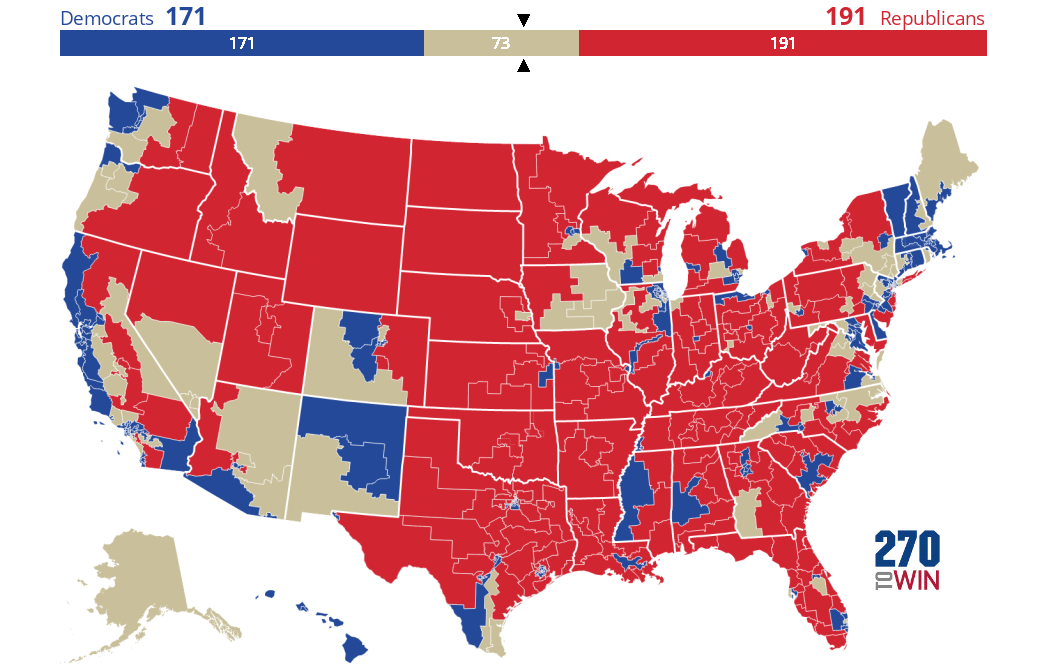Fortnite's Refund Policy And Its Impact On Cosmetic Sales

Table of Contents
Understanding Fortnite's Official Refund Policy
Fortnite's official stance on refunds is straightforward: generally, there are no refunds. This applies to both V-Bucks, the in-game currency used to purchase items, and the cosmetic items themselves – skins, emotes, pickaxes, gliders, and more. Exceptions are exceedingly rare and are typically granted only in cases of technical issues directly attributable to Epic Games' error, such as a purchase made unintentionally due to a bug.
- No refunds for purchased V-Bucks (in-game currency). This means that once you've bought V-Bucks, they are yours to spend within the game, whether or not you use them.
- No refunds for purchased cosmetic items (skins, emotes, etc.). This is the most common source of player frustration regarding the Fortnite refund policy.
- Exceptions are extremely rare and at the sole discretion of Epic Games support. Players seeking a refund must contact support and provide compelling evidence of a genuine Epic Games error.
- Lack of a robust, easily accessible refund system. The process for requesting a refund is often perceived as cumbersome and difficult by players.
The Psychological Impact on Cosmetic Purchases
The absence of a readily available Fortnite refund significantly impacts player purchasing decisions. The fear of missing out (FOMO), a powerful psychological driver, is heavily leveraged by Fortnite's limited-time offers and frequent releases of new cosmetic items. This creates a sense of urgency, encouraging impulsive purchases.
- High perceived risk of wasting money encourages careful spending in some. The knowledge that a purchase is final can make some players more cautious and discerning in their spending habits.
- Conversely, the lack of consequences can fuel impulsive purchases for others. Knowing there's no safety net can lead to less careful spending.
- Sunk cost fallacy: Players might be less likely to abandon an item they've already purchased, even if they later regret the decision, due to the sunk cost fallacy.
- Limited-time offers and scarcity tactics: Fortnite expertly uses limited-time offers and scarcity to capitalize on the lack of a refund policy, fueling FOMO and boosting sales.
The Business Implications of a Strict Refund Policy
For Epic Games, the strict Fortnite refund policy has clear financial benefits. By avoiding refunds, the company retains a larger percentage of its revenue generated from cosmetic sales.
- Increased revenue due to fewer refunds. This is the most obvious and significant benefit of the current system.
- Potential negative impact on player reviews and community perception. A lack of a refund option can lead to negative player feedback and affect the game's overall reputation.
- Comparison with other games: Many other games offer more flexible refund policies, setting a contrasting example.
- Increased customer service costs: While a more lenient policy might increase refunds, it could potentially reduce the number of support requests from frustrated players who can't get refunds.
Alternative Approaches to Player Satisfaction
While maintaining high revenue is crucial, Epic Games could improve player satisfaction without significantly impacting profits by implementing some changes:
- Improved pre-purchase previews and information: High-quality, detailed previews showing the cosmetic items in various scenarios could help reduce buyer's remorse.
- More detailed item descriptions and showcases: Clear and comprehensive descriptions that highlight all aspects of the item would provide better purchase context.
- Temporary trial periods for select cosmetic items: Allowing players to try out certain items for a limited time would reduce the risk associated with purchasing.
- Increased transparency around limited-time offers and their duration: Clearly communicating the duration of limited-time offers helps players make informed purchasing decisions.
Conclusion
Fortnite's current refund policy, while financially beneficial to Epic Games, leaves much room for improvement in terms of player satisfaction and fairness. The absence of a comprehensive refund system ensures high revenue from cosmetic sales, but this lack of a safety net can deter potential buyers and negatively affect the player experience. Exploring alternative strategies, focusing on transparency and improved pre-purchase information, could offer a better balance between profitability and player retention. Understanding the intricacies of the Fortnite refund policy is key for navigating the in-game store and making informed decisions. Therefore, before making any in-game purchases, carefully consider the lack of a Fortnite refund option and its potential consequences.

Featured Posts
-
 Survey Shows High Confidence In South Carolina Elections 93 Approval Rating
May 03, 2025
Survey Shows High Confidence In South Carolina Elections 93 Approval Rating
May 03, 2025 -
 Secure Your Free Cowboy Bebop Items Fortnites Limited Time Event
May 03, 2025
Secure Your Free Cowboy Bebop Items Fortnites Limited Time Event
May 03, 2025 -
 Arsenal Faces Off The Charts Champions League Competition Says Souness
May 03, 2025
Arsenal Faces Off The Charts Champions League Competition Says Souness
May 03, 2025 -
 The Trump Tariffs And The Limits Of Judicial Review
May 03, 2025
The Trump Tariffs And The Limits Of Judicial Review
May 03, 2025 -
 Listen Now Loyle Carners All I Need And In My Mind
May 03, 2025
Listen Now Loyle Carners All I Need And In My Mind
May 03, 2025
